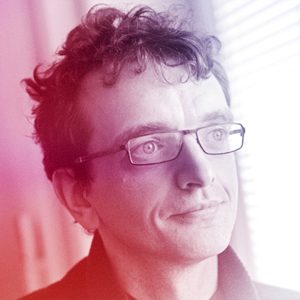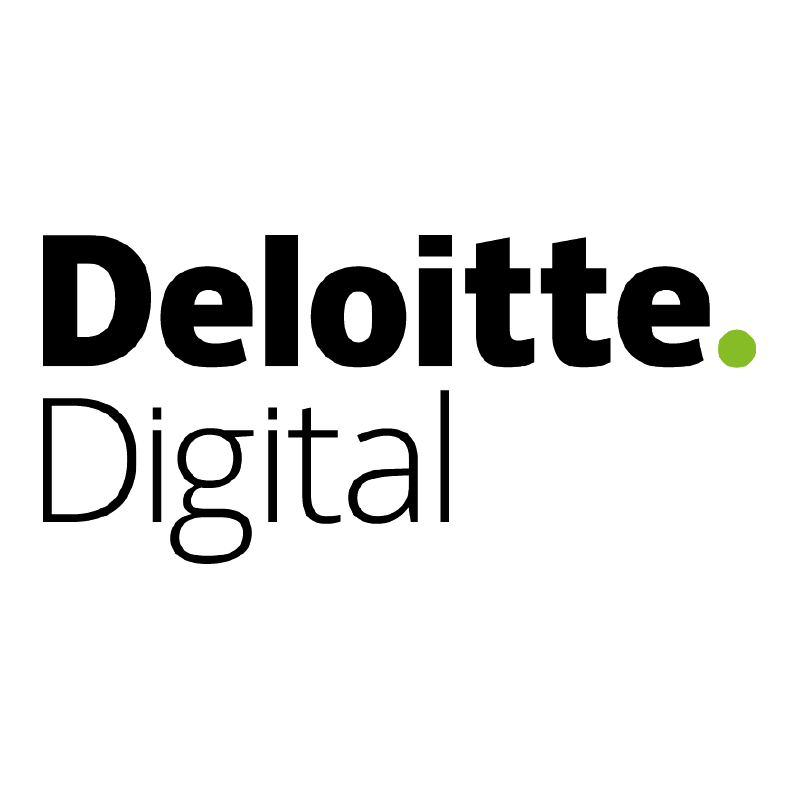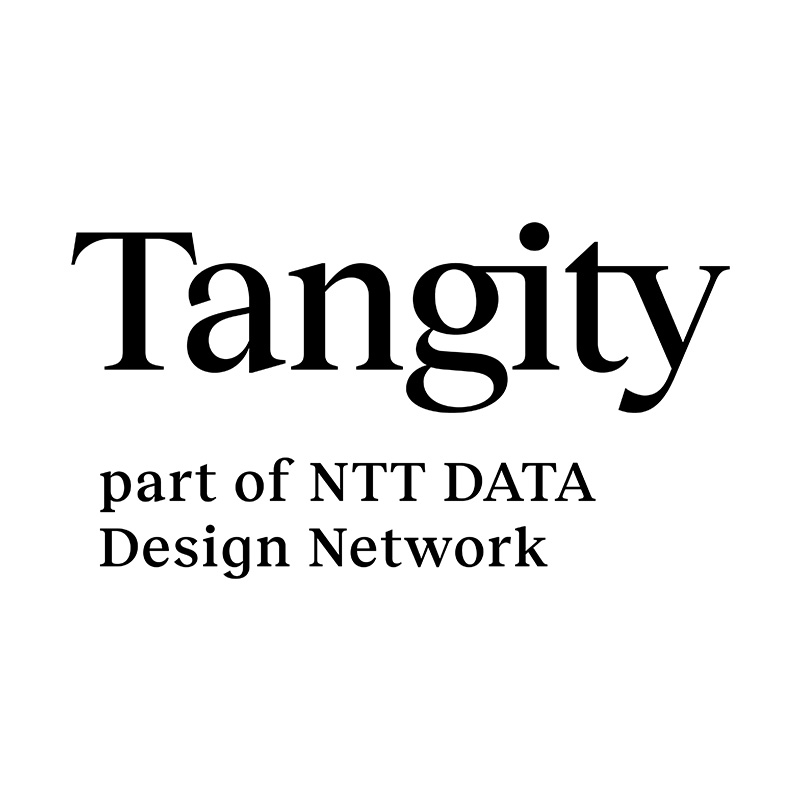Service Design Masterclasses
Service Design Masterclasses are the special format of lectures dedicated to a wide community of students and practitioners.
Offered by the Specializing Master in Service Design of POLI.design – Politecnico di Milano, Masterclasses are online open events provided by renowned experts on cutting-edge topics debated in the service design community and other extra-disciplinary fields.
The Edition 2023 started in February with five appointments involving innovation experts and service design gurus who will investigate cutting-edge topics connected to the service design world.
Masterclasses are delivered online via Cisco Webex and may also include hands-on interactive activities. There are two different purchase options with special discounts for students. Click the button and discover all the available offers.
The 2023 Edition ended on Friday, April 14. The next Edition will start next February, 2024. See you next year!
Past appointments
Diving Deep into Systems Change: the last 10 years
Indy Johar
Executive Director
at Dark Matter Labs
Tuesday, February 21
4:00 PM – 7:00 PM CET

Abstract: The lecture will be an insightful exploration of the challenges facing our world and the need for a new approach to create a sustainable future. In this Masterclass, Indy will be sharing his perspective on how the world is transforming and how we must adapt to move forward. We are at a pivotal moment in history where the worldview of seeing the world through objects is being transformed, leading to a need to develop a new reality of planetary entanglement. We will also discuss the crisis of divisionality that the world is facing, proposing an exploration of optimistic alternatives that have a deep democracy of agency, a new consciousness of inter-dependence, and a freedom to care instead of one to escape. The Masterclass will delve into the practical steps needed to implement systemic change and what role individuals, organizations, and policymakers can play in creating a sustainable future.
Design Justice for More Just and Liberating Futures
Elena Silvestrini
Steering Committee Member
at Design Justice Network
Thursday, March 2
4:00 PM – 7:00 PM CET

Abstract: As designers and researchers, how can we challenge, rather than reproduce, structural inequalities when “the communities” we serve are distant or absent in our day-to-day work? How can design be a tool for dreaming and building more just, liberating futures? How can we both practice and embody the justice we want to see? The Design Justice Network challenges the ways that design and designers can harm those who are marginalized by systems of power. It uses design to imagine and build the worlds we need to live in — worlds that are safer, more just, and more sustainable. The Design Justice community advances practices that center those who are normally excluded from and adversely impacted by design decisions in design processes. During this interactive session, we will explore the theory, the history and the practice of Design Justice; we will unpack and interact with its 10 principles and will propose elements of reflection relevant to all design oriented processes.
Expanding Possibilities with Speculative Design
Anab Jain
Co-founder & Director
at Superflux
Thursday, March 16
4:00 PM – 7:00 PM CET

Abstract:
The polycrisis we are living through presents challenges that are complex and unprecedented. These novel challenges cannot be addressed with the siloed, rationalist mindset that the industrialised world has become accustomed to . Rather than continue to think in the reductive terms of ‘Problem’ and ‘Solution’ there needs to be a step between that does not seek to accomplish end goals but empower plural possibilities.
Design is often asked to steer toward a solution, but what of a design practice that foregrounds the larger ecological landscape of the problem space? This is the space Speculative Design and many other such adjacent practices have occupied for a long time under many different guises: Radical Design, Critical Design, Discursive Design, Design Fiction and more.
In this masterclass I will introduce my understanding of Speculative Design as shaped through the lens of my own design practice Superflux. The masterclass will give attendees a glimpse of the history and practice of Speculative Design, some of the theoretical and practical frameworks it builds upon, the questions it probes designers to ask, the transportative potential it invites and the potential impact it creates in all manner of spheres. Rather than a singular method or toolkit, this design practice asks instead for a poor pedagogy; for practices, which allow us to expose ourselves, and bring us out into the world.
Speculative Design is that which enables possibilities, and at a time when the world is in pressing need of alternatives, the practice of Speculative Design is becoming increasingly central to the shaping of our collective futures.
Key takeaways:
- Why is it important to include critical thinking practices in the designer’s toolkit;
- How nurturing critical foresight and awareness for new possibilities can become empowering;
- To trust in imagination and attention as unlocking latent possibilities;
- To expand your understanding of the wider contexts, ecologies and implications of your work;
- How to develop one’s own practice to support plural responses and make transformative change.
Design & Ethics in Practice
Peter Gall Krogh
Professor at Aarhus University
Thursday, March 30
4:00 PM – 7:00 PM CET

Abstract:
A widespread description of design is Herbert Simons: “Anyone who devices course of action to change existing situations into preferred ones is a designer.” Tricky word here is of course “preferred”; who is preferring what and for whom – this quickly becomes and ethical issue. Most will agree that design is connected to ethics. But it is less obvious how it is connected, and how we articulate such connection. Studies have shown that there is a considerable difference between how theories and philosophy see ethics , and how and under what conditions designers practice ethics.
The Masterclass will present and enable participants to reflect upon, declare, and discuss how ethics and design are connected. Secondly, the master class will provide insight into ethics not just in a Eurocentric perspective but also include perspectives outside western philosophy and design thinking.
Key takeaways:
- Ethics are never solid, they are negotiated – how does this happen?
- Ethics are connected to culture – some how does it differ? And what does “culture” imply?
- How does ethics sit in a commercial context?
- Are there tools, models and methods to nurture and materialize ethical concerns in design?
- Further studies, in theory and in practice.
Abstract:
As Madeleine Albright famously quipped, we are facing 21st challenges with 19th century institutions. Much of our institutional infrastructure was designed for an era of predictability and relative stability. The multiple crises we are facing today (inequality, climate, health) and their compound effects, however, don’t lend themselves to linear planning and the quantification of risk based on past behaviour. Rather, radical uncertainty and permanent crisis is the “new normal” we are increasingly likely to face. How do we equip our institutions to face this new reality? What does organisational design for uncertainty (rather than risk) look like? How do we prevent a sense of loss of agency for decision makers and citizens alike? Drawing from emerging practice from across the world, this masterclass will focus on the urgent task of reimagining our institutions so that they can constantly generate new options for action and be better equipped to face the polycrisis.
Key takeaways:
- Why it is important to distinguish between risk and uncertainty;
- How organisational design and culture needs to change to face uncertainty and an era of multiple crises;
- How can we build organisational will for “irreversible” transformation;
- What can we learn from emerging practice in the development and public sector globally.






